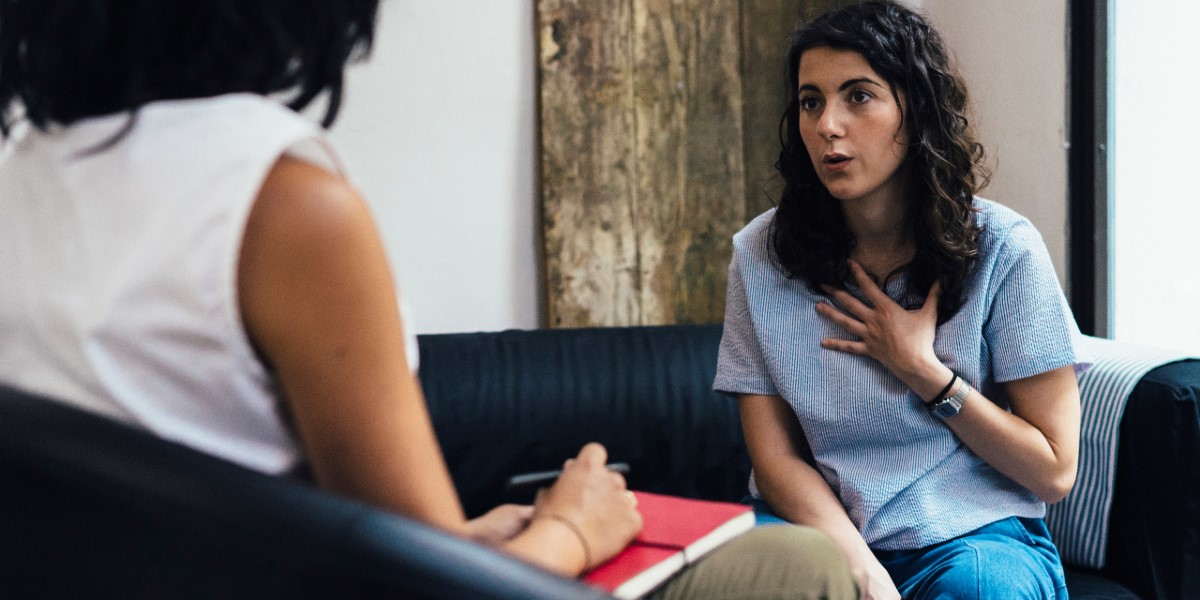Psychology

Psychology is the science of how and why people think, feel and behave the way they do. In a psychology degree you will learn how to use science and evidence-based practice to understand human behaviour in a wide range of settings, leading to a diverse range of career and study options.
Careers
Studying psychology opens a wide range of career paths.
- Psychologist (subject to further studies)
- Human resources
- Policy and research
- Health and welfare
- Public relations
- Media
- Marketing and advertising
- Disability support
- Community health
- Counselling
How to book a workshop
Please email us for enquiries or booking an interactive workshop for your school.
Interactive workshops
| Title | Anxiety and Stress in Youth |
|---|---|
| Description | Anxiety is common in adolescence and although it can be an unpleasant experience, there are ways we can manage it. In this session we will discuss how to recognise the symptoms of anxiety and learn some helpful ways to manage these symptoms. Through activities and discussion, participants will learn how to define stress, understand its impact on health and well-being, and identify common signs and sources of stress in young people. Strategies to manage stress effectively, including support services, will also be discussed. Support options for seeking help will be discussed. |
| Learning outcomes |
|
| Session length | 60 minutes |
| Class size | 35 |
| Location | On-campus or off-campus |
| Cost | Free |
| Title | Forensic and Criminal Psychology |
|---|---|
| Description | Welcome to the world of criminal and forensic psychology. Have you ever watched crime shows on TV and wondered why people do criminal things? Or what a career as a forensic or criminal psychologist would be like? In this presentation we look at both. We explore some reasons for why people do criminal things. We also look at why some people stop breaking the law before adulthood, yet others carry on their criminal careers into adulthood. We look at what a typical day is like for a forensic or criminal psychologist working in a prison, working for the police or a lawyer, working in a research centre, or teaching at colleges or universities. We will assess how criminal psychology is portrayed in books, films and on TV, and we consider how accurate this is. Finally, we look at what type of qualifications you need for this role and how you can gain these qualifications. |
| Learning outcomes |
|
| Session length | 90 - 120 minutes |
| Class size | N/A – only available for year 11 and 12 students |
| Location | On-campus or off-campus |
| Cost | Free |

